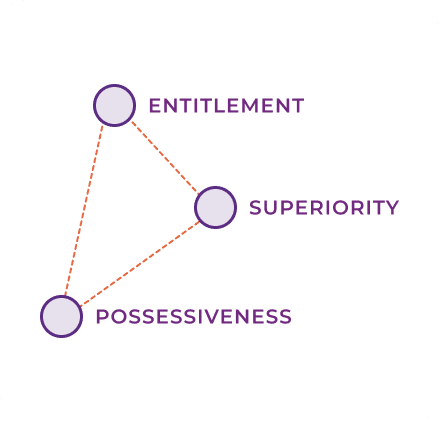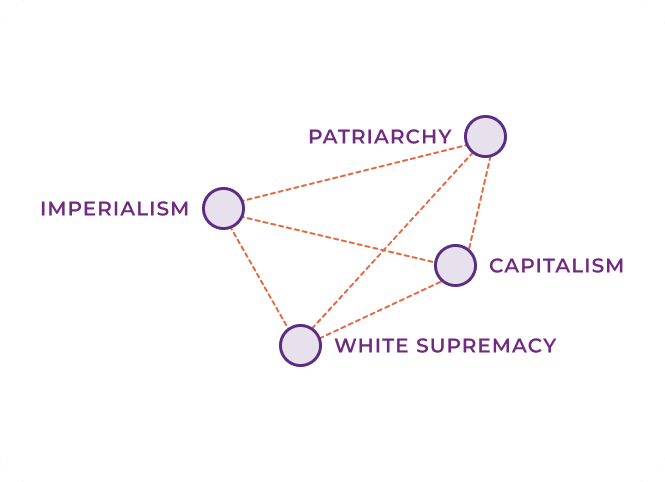What is DV?
Domestic or Intimate Partner Violence...
…refers to a pattern of coercive and controlling behaviors perpetrated by one partner against another in an intimate relationship, whether current or past. Abusive individuals often utilize a variety of harmful tactics—including emotional, psychological, financial, physical, and sexual abuse—as well as the exploitation of power dynamics and societal norms to maintain dominance over their partner.
…affects people from all backgrounds, regardless of gender, sexuality, race, ethnicity, socioeconomic status, religion, culture, or ability. However, individuals with marginalized identities often face additional barriers in seeking help, such as stigma, discrimination, and a lack of culturally competent resources.
…is inherently unequal; it is not a mutual conflict. The responsibility for abusive behavior lies solely with the perpetrator. It’s essential to understand that abuse is never the fault of the survivor, and support is available for those looking to break free from these harmful cycles.
Our Stance
We honor and respect the innate resilience and self-determination of survivors and victims of domestic violence.
Our approach is guided by collaboration with survivors, valuing their insights, and elevating their voices. It is imperative that Anti-Violence efforts must always be centered and prioritized around survivors and their needs.
CAUSES OF DV
At the Individual Level
Abusive behaviors stem from values such as entitlement, superiority, and possessiveness.
Mental health difficulties do not inherently lead to abusive behavior. When a person engages in abuse while also grappling with mental health issues, they are confronting two separate challenges: 1) their abusive mindset and 2) their mental health condition(s).
While these two aspects may intersect in intricate ways for an individual, it’s important to acknowledge that the underlying causes of mental health challenges and abusive behaviors differ.

While trauma, especially from childhood experiences, might contribute to a person’s familiarity with violence, it alone cannot be singled out as the sole cause of abusive behaviors. Many individuals who undergo childhood trauma and abuse do not go on to perpetrate violence against their partners in the future. Addressing only the childhood trauma, without also confronting the individual’s abusive beliefs, is unlikely to lead to a cessation of violent behavior. Both types of support are essential: one to heal from trauma and another to challenge and transform abusive attitudes.
Efforts that fail to challenge an individual’s sense of entitlement, superiority, and possessiveness are unlikely to effectively address and curb their abusive tendencies. Consequently, interventions such as substance use treatment, individual therapy, couples counseling, and anger management may not prove successful or suitable for halting abusive behaviors. While these interventions could offer some benefits to someone engaging in abuse, they are often prescribed as the sole solution. This reliance on inadequate interventions perpetuates a widespread misunderstanding within society regarding the root causes of abusive behaviors and how to effectively address and prevent them.

At the societal level
In the United States, including Colorado, hierarchical social structures perpetuate conditions where violence and abuse can flourish. To effectively combat domestic violence, it’s imperative to recognize the interconnections between these systems (such as Patriarchy, white supremacy, imperialism, capitalism, etc.) and their influence on an individual’s inclination to resort to violence. By comprehensively understanding these connections, we can work towards establishing new social frameworks that reject and prevent abusive behaviors.